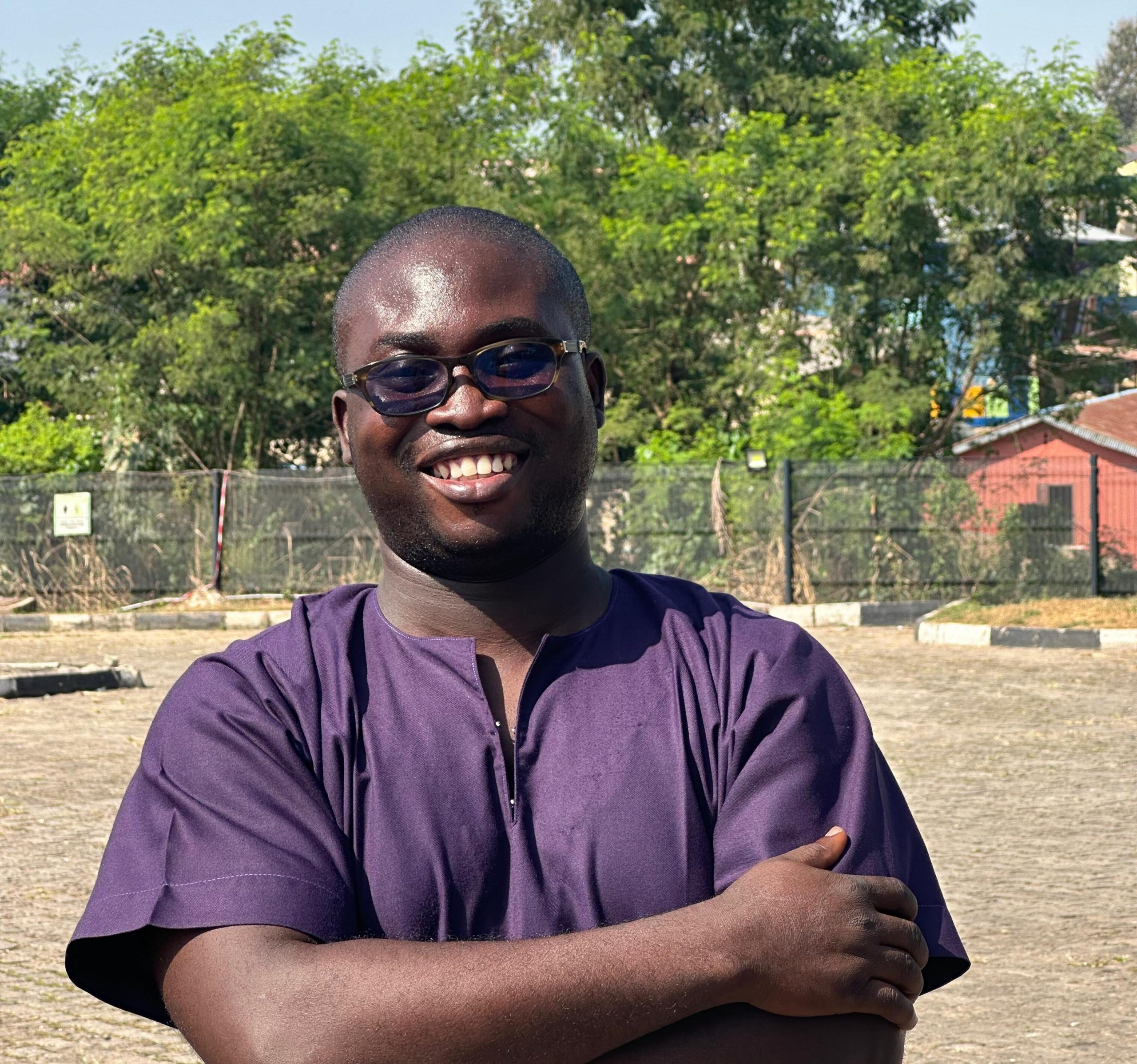In an era where language, perception, and security increasingly intersect, Olamide Eniola stands out as a researcher and educator driving critical conversations around terrorism reporting, media ethics, and indigenous knowledge systems. With a career that bridges anthropology, linguistics, journalism, and security studies, Eniola’s work offers a unique lens on how narratives are shaped and how they shape us in turn.
Currently pursuing a PhD in Anthropology with a specialisation in Linguistics at Tulane University, New Orleans, Eniola’s research investigates how news about terrorism is produced and consumed in Nigeria, a country where both terrorism and media freedom present real and urgent challenges. His work examines the dynamic relationship between state actors, insurgents, journalists, and everyday citizens in shaping public discourse and national identity. It also highlights the ethical and occupational challenges that journalists face in navigating these perilous terrains, which are fraught with scepticism.
Before his doctoral studies, Eniola was selected in 2019 for the prestigious Fulbright Foreign Language Teaching Assistant (FLTA) Programme, an initiative of the U.S. Department of State, where he taught Yoruba at Michigan State University (MSU). There, he engaged students from diverse backgrounds, enriching the linguistic landscape for American, African-American, and African students alike. He also guest-taught at the University of Michigan in collaboration with African Studies Centres at both institutions, offering a rare opportunity for students to engage with two native Yoruba speakers, providing vital gender and cultural balance in the classroom.
Eniola’s impact extended beyond the university setting. In February 2020, during Black History Month, he participated in an outreach initiative at Coldwater Correctional Facility in Michigan. Drawing from Yoruba àlò apamo, deeply coded folktales, he used storytelling to foster resilience, self-reflection, and cultural pride among Black inmates. This unique use of indigenous narrative as cultural therapy highlights his ability to bridge tradition and modernity in meaningful ways.
When the COVID-19 pandemic disrupted in-person instruction, Eniola quickly adapted to remote teaching, continuing his work across a three-month virtual teaching stint. His cultural exchange with his American host family was later featured in the U.S. Government Exchange Alumni Newsletter, published by the U.S. Consulate General in Lagos. The story documented his efforts to share Nigerian culture, from preparing pounded yam and egusi soup to introducing traditional customs and etiquette, underscoring the value of global cultural exchange in uncertain times.
Returning to Nigeria through his PhD fieldwork, Eniola now works closely with local journalists, newspaper vendors, and media consumers to explore the ethics and politics of conflict reporting. His workshop series with the Nigeria Union of Journalists (NUJ) addresses the occupational hazards and ethical dilemmas facing journalists covering terrorism in high-risk regions. His goal is not to impose corrections but to create spaces for reflection and dialogue.
An alumnus of Obafemi Awolowo University, where he earned his undergraduate degree, his work stands at the intersection of language, media, and security, addressing the urgent challenges of disinformation, insurgency, and declining public trust in Nigeria’s press ecosystem.
His research continues to drive national conversations around the value of indigenous languages and the often-overlooked cultural dimensions of news reporting. Eniola’s research underscores a powerful insight: that the future of national security may rest not only on policy and force but on the narratives we prioritise, the voices we amplify, and the journalists we support.






